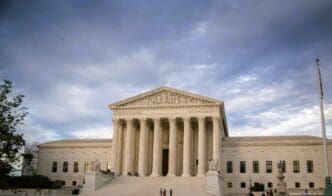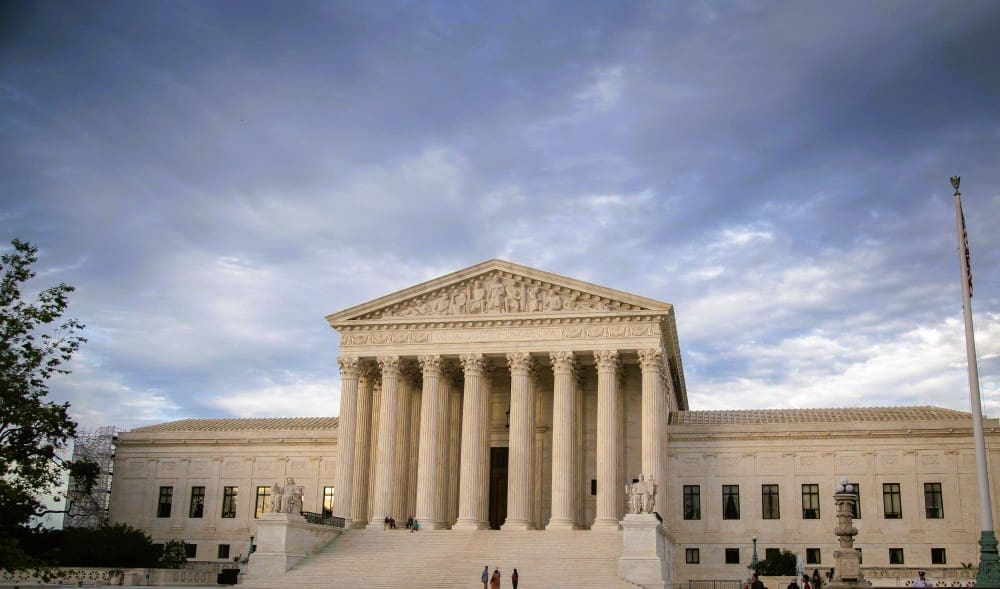The administration of President Donald Trump has approached the Supreme Court with an urgent request to overturn a lower court’s decision that has impeded mass firings and significant organizational changes within federal agencies. This legal battle holds substantial implications for Trump’s capacity to reformat the federal government.
The appeal to the Supreme Court comes in response to a ruling from a California federal court, which temporarily halted the administration’s plans for layoffs and the potential downsizing or complete elimination of certain agency components.
According to a senior official within the administration, the case is under close observation due to its pivotal role in the government’s efforts to streamline operations and restructure federal agencies.
On May 9, US District Judge Susan Illston issued a temporary order that represents a major legal obstacle for Trump’s administration in its attempt to significantly reduce the federal bureaucracy. This order impacts numerous agencies, including the departments of Agriculture, Commerce, Energy, Labor, Treasury, State, Health and Human Services, Veterans Affairs, and the Environmental Protection Agency.
In its appeal, the administration contends that the sweeping order effectively prohibits almost the entire executive branch from devising and executing plans to decrease the federal workforce. While Judge Illston acknowledged the president’s authority to propose changes to agencies, she emphasized that such actions must be executed lawfully, requiring consultation with Congress for any large-scale agency restructurings.
The administration initially sought intervention from the 9th US Circuit Court of Appeals. Although the court established a schedule for written arguments, it has not delivered a verdict on the request. Opting to bypass potential delays, the Justice Department has brought the matter directly to the Supreme Court.
Arguing against Illston’s ruling, the administration claims that it forces the maintenance of an inflated and inefficient workforce, thereby unnecessarily expending taxpayer resources. Additionally, Illston, appointed by President Bill Clinton, ordered the administration to release documents related to its downsizing plans, which the Trump legal team argues could disclose highly sensitive information, potentially compromising government operations.
The Supreme Court is already considering several emergency cases associated with Trump’s second term, having recently heard oral arguments in cases concerning the termination of birthright citizenship and lower court rulings that have obstructed enforcement of this policy.














